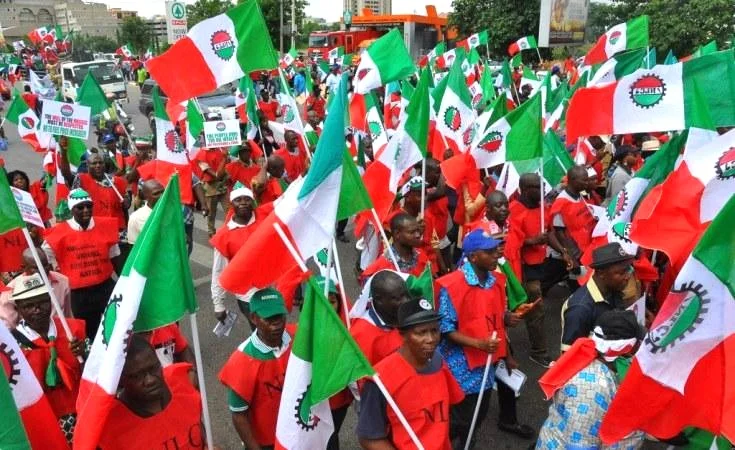
MINIMUM WAGE UPDATE: STATES PAYING N70,000 AND ABOVE
Some state governments have decided to surpass the Federal Government’s approved minimum wage of N70,000 for Nigerian workers.
In July 2024, President Bola Tinubu approved a new minimum wage of N70,000 for civil servants across Nigeria with a promise to review the payment every three years.
Following this directive, several state governments have taken steps to implement even higher minimum wages to support their workforce.
- Lagos State: Governor Babajide Sanwo-Olu on Wednesday approved the payment of N85,000 minimum wage for workers. The governor added that by January 2025 he would be paying N100,000 minimum wage.
- Ogun State: Governor Dapo Abiodun on Monday announced a minimum wage of N77,000 for workers. This decision was made during a meeting with labour leaders and aims to improve the living standards of workers in the state.
- Ondo State: Governor Lucky Aiyedatiwa implemented a N73,000 minimum wage for state government workers. He expressed his commitment to worker welfare, stating that Ondo would surpass the federal benchmark to better support its citizens.
- Kogi State: Governor Ahmed Ododo on Monday approved a N72,500 minimum wage. This decision includes a suspension of tax burdens on the new wage for one year, aimed at alleviating financial pressures on workers.
- Gombe State: The state government signed a Memorandum of Understanding with the Nigeria Labour Congress to implement a minimum wage of N71,500. The agreement was hailed as historic by labour leaders, reflecting a commitment to improving the compensation for civil servants in the state.
In addition to these states paying above the federal minimum wage, others have begun implementing the approved N70,000 wage.
States like Edo, Delta, Adamawa, Borno, Ekiti, Cross River, Kano, Anambra and Ebonyi have started paying the N70K minimum wage.
Meanwhile, states like Bauchi, Oyo, and Enugu, Sokoto, have set up implementation committees to ensure compliance with the new wage law.
However, several states, including Jigawa, Zamfara, Nasarawa, Akwa Ibom, and Bayelsa, have not yet shown readiness to implement the minimum wage.
 Premium News
Premium News